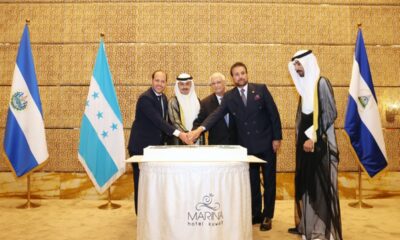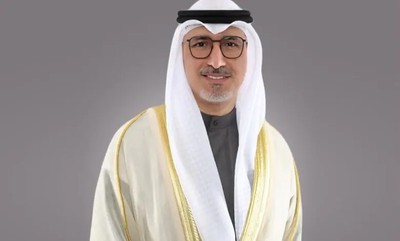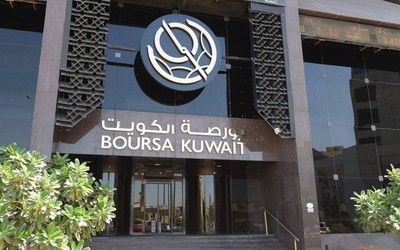KUWAIT CITY, Sept 15: Sabah Mubarak Al-Jalawi, Chairman of the Board of Directors of Kuwait Accountants and Auditors Association (KAAA), said the “Financial and Economic Resilience: Driving Growth in an Era of Challenges” conference is held at a time the world is facing accelerating economic challenges that require practical solutions and precautionary measures capable of absorbing emergency crises and protecting the future generations. In his opening remarks at the event, Al-Jalawi stated that KAAA, since its founding in 1973, has been playing a vital role in developing the accounting and auditing profession, while enhancing economic resilience through the establishment of specialized institutions. He revealed these institutions include the Academy of Accountants for training national manpower, the Center for Arbitration, Accounting, Tax and Bankruptcy Expertise for resolving commercial disputes and improving the business environment, the Professional Accreditation Center that regulates the profession’s standards and prevents intrusions, andthe Center for Professional Companies, which is considered a qualitative shift in the field of accounting and auditing. He confirmed the Association has submitted substantive proposals that supported the economic and legislative system in the country over the past years.
He said these proposals include the Companies and Bankruptcy Law, contributing to the drafting of the Auditing Profession Law issued in 2019, and establishing a financial accounting standard for charitable organizations to enhance transparency in the charitable sector. He indicated that the Association focuses on communicating with decision-makers locally, regionally and internationally to provide technical insights and build financial buffers capable of confronting crises and achieving sustainable growth. On the other hand, Professor of Finance at Kuwait University Dr. Turki Al-Shammari emphasized in a lecture titled “Resilient Financial Strategies in Times of Crisis,” that institutions cannot deal with economic, geopolitical or health fluctuations, such as the COVID-19 crisis, without adopting resilient financial strategies.
He explained that financial flexibility means the ability to quickly rearrange priorities, control cash flows, diversify funding sources, and adopt effective governance systems for quick and implementable decisions. He said this flexibility enables institutions to maintain their financial stability, withstand pressures, and even seize growth opportunities despite the challenges. He pointed out that several regional and global experiences have proven the success of these policies. He said institutions that adopted financial flexibility were able to continue and even achieve gains during crises, while others that relied on rigid traditional patterns faltered. Dr. Riyadh Al-Faris, Associate Professor in the Department of Economics at Kuwait University, stated in his lecture, “Economic Strategies and Their Role in the Stability of Governments and Companies,” that economic policies cannot be the same for all countries or situations.
He stressed the need to assess each economic situation individually and adopt appropriate policies. He pointed out that relying on ready-made recommendations from some international organizations without taking into account the specific economic and social structures of developing countries has led to stifling crises and heavy debt burdens. He called for the involvement of various stakeholders in policy formulation and implementation, and for coordination with neighboring countries and trading partners to increase the chances of success and limit the influence of pressure groups. He pointed out that economic policies, despite their benefits, are not without drawbacks, particularly inflation resulting from expansion, unemployment resulting from contraction, increased public debt, and the risks of entering into trade wars due to protectionist measures.
By Marwa Al-Bahrawi
Al-Seyassah/Arab Times Staff

 Latest News23 hours ago
Latest News23 hours ago
 Business14 hours ago
Business14 hours ago
 Politics14 hours ago
Politics14 hours ago
 Latest News14 hours ago
Latest News14 hours ago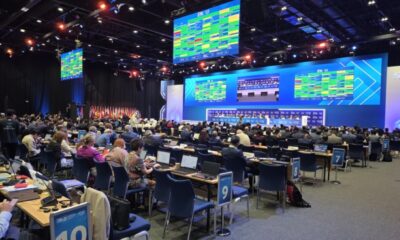
 Latest News7 hours ago
Latest News7 hours ago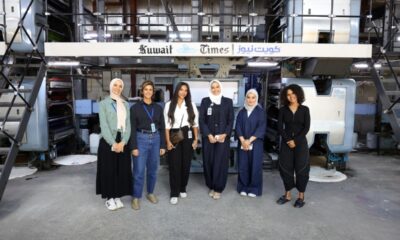
 Latest News6 hours ago
Latest News6 hours ago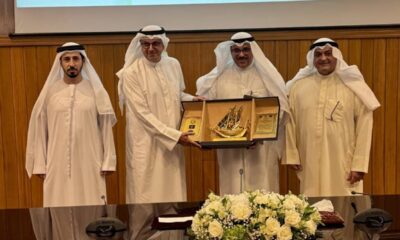
 Latest News13 hours ago
Latest News13 hours ago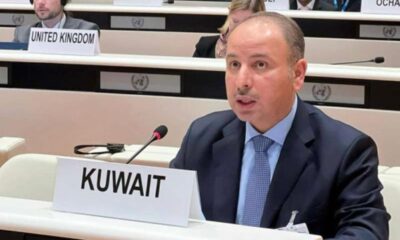
 Latest News11 hours ago
Latest News11 hours ago

